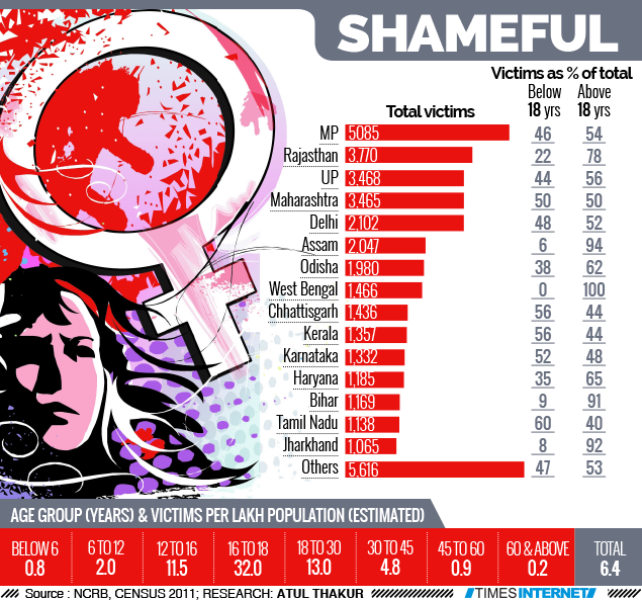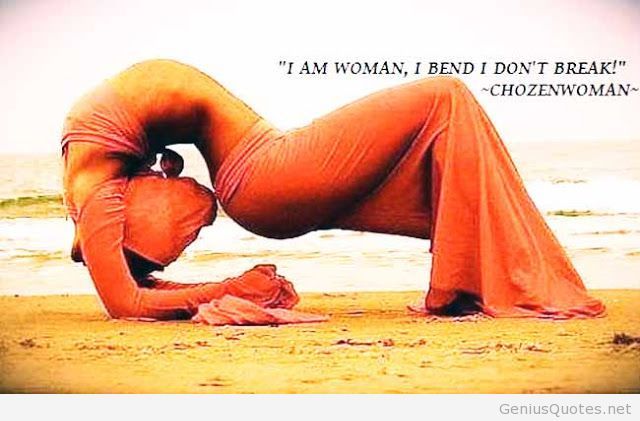Since the time social media has made significant inroads in our lives, what has been consistent is hate speech and cyber abuse. While the nature of cyber crime changes with the platform in question, its frequency and intensity has been on an alarming rise, particularly in the last few years.
One particularly disturbing kind of crimes on social media, is the issuance of rape threats. What exactly is meant by a rape threat? As per section 375 of the Indian Penal Code, a man is said to commit rape, when he has sexual intercourse with a woman against her will and without her consent. It is punishable by law. Thus, a rape threat refers to instilling the fear in a person’s mind of committing this heinous act. There are three issues pertaining to this:
The first is that it is a undoubtedly a crime, and therefore it automatically calls for police action under law. The Verma commission in 2013 has given various recommendations related to the punishment of rape and sexual offences. If a person receives a rape threat, in social media or otherwise, it needs to be reported and dealt with in a legal process.


The second aspect of rape threats, are the social implications. The kind of mentality which leads a person to threaten another with a crime as brutal as rape, needs to be questioned. It means this person is representing a thought process which revels in brutalizing and victimizing women. A rape threat represents the most primitive nature of patriarchy, wherein a man is asserting his ‘male power’, over a woman, and is ‘putting her in her place’. It is a tool which is used by males across the world to essentially curb a woman and ‘silence’ her.
The last thing which needs to be pondered about is why social media is increasingly becoming a platform of abuse. When we look around, one striking aspect is that people don’t use the same abusive language on a phone call, text message or even an article or a blog. But on social media platforms, people seem to have no filter, and use the choicest of abuses and filthiest of words Is it because of the anonymity which social media provides? Is it the fact that the person for whom these abuses are directed, is not in front of them?
What needs to be considered here is the role of social media itself in curbing and putting an end to these acts. Social media platforms are increasingly becoming an easy space for engaging in criminal intent. In the recent past, celebrities like Barkha Dutt and Sona Mohapatra, were trolled mercilessly, for simply voicing their opinion. There is always an undercurrent of inculcating fear in women. As these platforms keep earning billions and trillions, what need to be strengthened are its own responsibilities towards the users, and being accountable for criminal activities on the platform. There needs to be certain mechanisms, which tackle with hate speech and threats at the basic level.
The recent incidence of trolling of Gurmehar Kaur is not only a heinous act, but using this incident as a weapon of political vendetta is bringing down politics to another low. What is troubling is the silence of the political class, and law enforcement agencies. If such cases are not dealt with firmly, it will create an environment for cyber crimes. On International Women’s Day, we must pledge the support of society in creating a violence free cyber space for women.
In our collaborations with Facebook and Twitter, we extensively focus on the use of counterspeech to tackle hate speech, along with using social media for social mobilization. Our campaigns #SochKeBol – on careful use of language on social media- and #PasswordKyaHai– on the importance of safe passwords- revolved around generating awareness regarding a safe and enjoyable online experience for all users. Through our workshops and resources, we encourage the youth of the country to use social media for social good, and generate awareness regarding security issues surrounding the usage of social media.


As an organization working for women empowerment and gender equality for more than three decades, we have often spoken about reclaiming public spaces for women, and making the safe. On this occasion of International Women’s Day 2017, perhaps it is time to also reclaim the online spaces for women.





